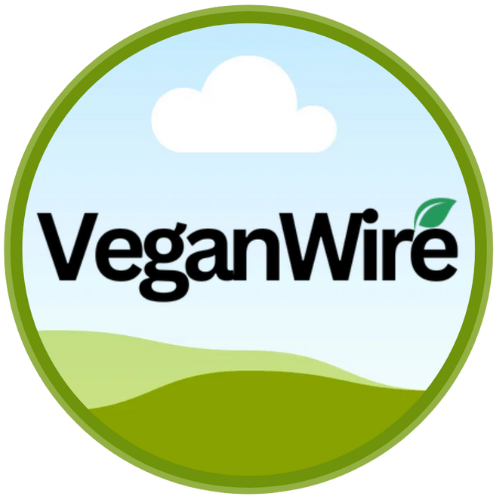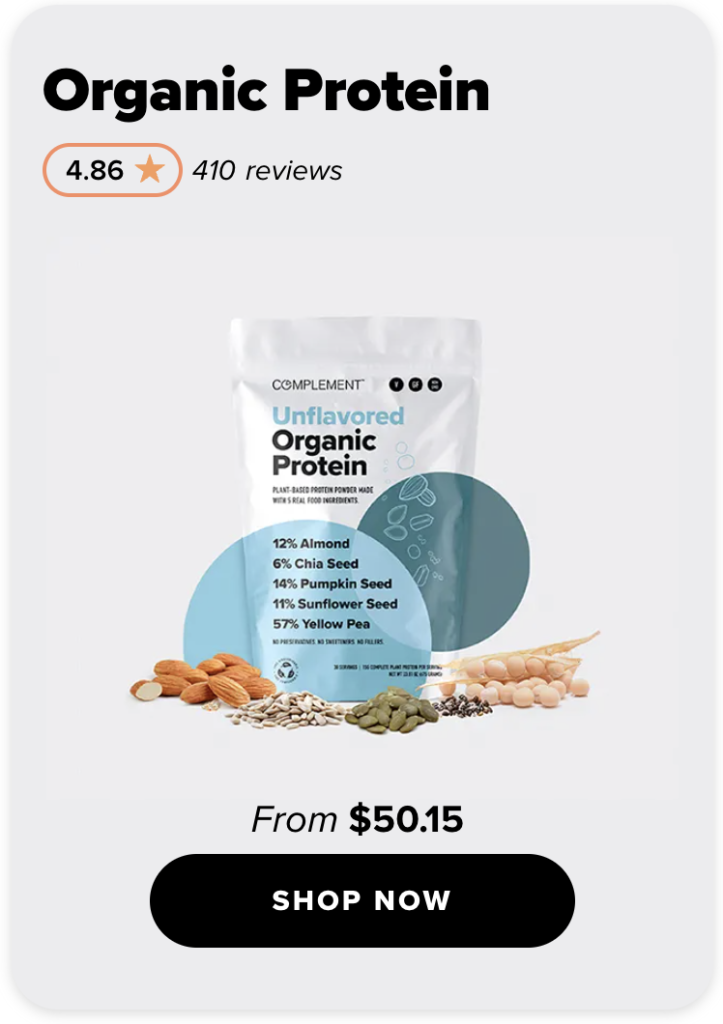Veganism is a way of life that excludes the use of any animal products, including meat, dairy, eggs, and honey. Going plant-based can be motivated by ethical, environmental, or health considerations. But one aspect of veganism that is often overlooked is the variety of diets that fall under the vegan umbrella. In this post, we will explore the different types of vegan diets and their unique characteristics.
Whole-Food Vegan Diet
A whole-food plant-based diet is based on a variety of whole-plant foods, such as fruits, vegetables, whole grains, legumes, nuts, and seeds. This type of diet focuses on the consumption of minimally processed, nutrient-dense foods. Research has shown that a whole-food vegan diet can lead to weight loss, lower blood pressure, and improved overall health markers. A study published in the Journal of Geriatric Cardiology found that a plant-based diet rich in whole foods decreased the risk of heart disease, type 2 diabetes and some types of cancer in adults over 65.
Raw Vegan Diet
A raw vegan diet is similar to a whole-food diet, with the added restriction that foods must be consumed in their raw, unprocessed state. Proponents of this diet believe that cooking foods destroys important enzymes and nutrients. A raw vegan diet typically includes fruits, vegetables, sprouts, nuts, and seeds. Some people also include raw dairy and raw eggs in their diet, but true raw vegans do not consume these animal products. A study published in Nutrients, has shown that a raw vegan diet can be deficient in vitamin B12, vitamin D, calcium, and omega-3 fatty acids, it can be necessary to supplement these nutrients on a raw vegan diet.
High-Protein Vegan Diet
A high-protein vegan diet focuses on consuming plant-based sources of protein, such as beans, lentils, tofu, and tempeh. This type of diet is popular among athletes and bodybuilders, as well as those who want to build muscle mass. A study published in the Journal of the International Society of Sports Nutrition found that a high-protein diet can be effective for increasing muscle mass and strength. However, it is important to note that consuming a diet high in protein can also have negative effects on kidney function.
Junk-Food Vegan Diet
A junk-food vegan diet is exactly what it sounds like: a diet that is based on processed vegan foods, such as vegan burgers, fries, and processed snacks. This type of diet can be high in calories, sugar, and unhealthy fats, and may not provide the same health benefits as a whole-food vegan diet. A study published in the Journal of General Internal Medicine found that individuals following a junk-food vegan diet had a higher risk of heart disease compared to those following a whole-food vegan diet.
Fruitarian Diet
A fruitarian diet is a subtype of a raw vegan diet, in which the majority of foods consumed are fruits. This diet can also include nuts and seeds, but the focus is on consuming large quantities of fruits. A fruitarian diet is low in fat, protein, and other essential nutrients, which can lead to deficiencies if not properly planned. A study published in the International Journal of Behavioral Nutrition and Physical Activity has found that a fruitarian diet can lead to disordered eating habits, nutrient deficiencies, and even eating disorders.
Macrobiotic Diet
A macrobiotic diet emphasizes the consumption of whole grains, vegetables, and legumes, with the goal of achieving balance in the body. This diet is based on the traditional Japanese diet and has roots in Chinese and Eastern philosophy. The macrobiotic diet also includes small amounts of animal products, such as fish and seafood, but these can be omitted for a strictly vegan version of the diet.
The macrobiotic diet is known for promoting natural and seasonal foods, and it tries to avoid foods that are too processed or heavily refined. A study published in Nutrition and Cancer found that a macrobiotic diet may reduce the risk of breast cancer in women, although more research is needed to confirm these findings.
Conclusion
There are various types of diets, each with its own unique characteristics and potential health benefits. It’s important to note that not all diets are created equal, and it’s essential to ensure that you’re getting all the necessary nutrients your body needs.
A whole-food vegan diet is the best option for overall health, as it provides a wide variety of nutrient-dense foods, while a raw vegan diet may be deficient in important nutrients, and a junk-food vegan diet can increase the risk of heart disease. A high-protein vegan diet can be effective for building muscle mass, but it’s essential to be mindful of kidney function, a fruitarian diet is low in essential nutrients and may lead to disordered eating habits. The macrobiotic diet emphasizes balance in the body and may reduce the risk of breast cancer.
It’s always best to consult with a doctor or a nutritionist to determine which vegan diet is best for you and your specific needs.
References:
-The Journal of Geriatric Cardiology. (2018). Plant-based diets for the prevention and treatment of type 2 diabetes in older adults.
- Nutrients. (2018). Nutrient Profile of a Raw Vegan Diet.
- Journal of the International Society of Sports Nutrition. (2017). The effects of a high-protein, plant-based diet on body composition, disease risk, and digestion.
- Journal of General Internal Medicine. (2016). The health impact of a junk-food vegan diet.
- International Journal of Behavioral Nutrition and Physical Activity. (2015). The fruitarian diet: health benefits and risks.
- Nutrition and Cancer. (2014). The macrobiotic diet in breast cancer: a review of the literature.
- Some research for this article was compiled with the assistance of ChatGPT/OpenAI







